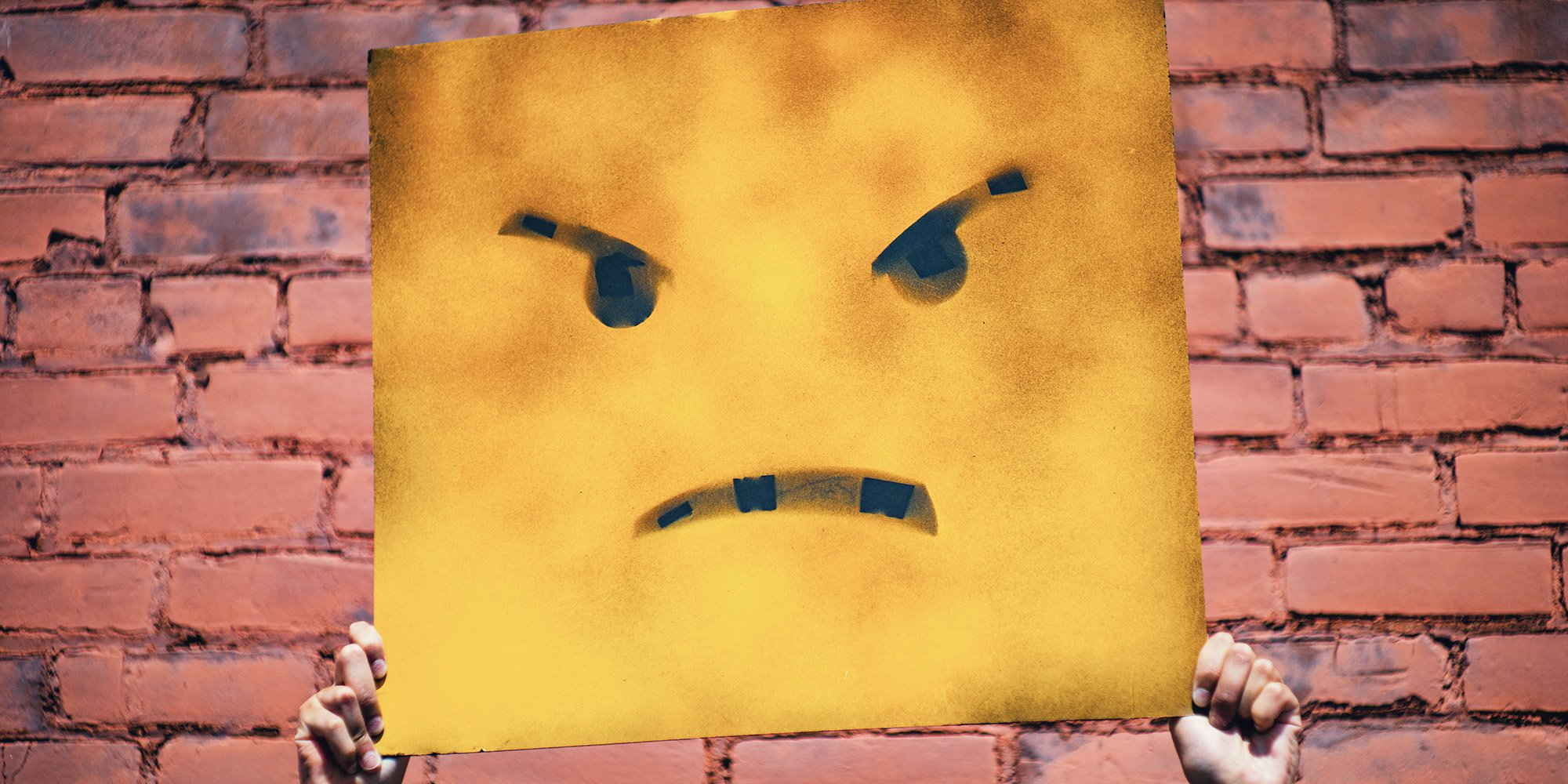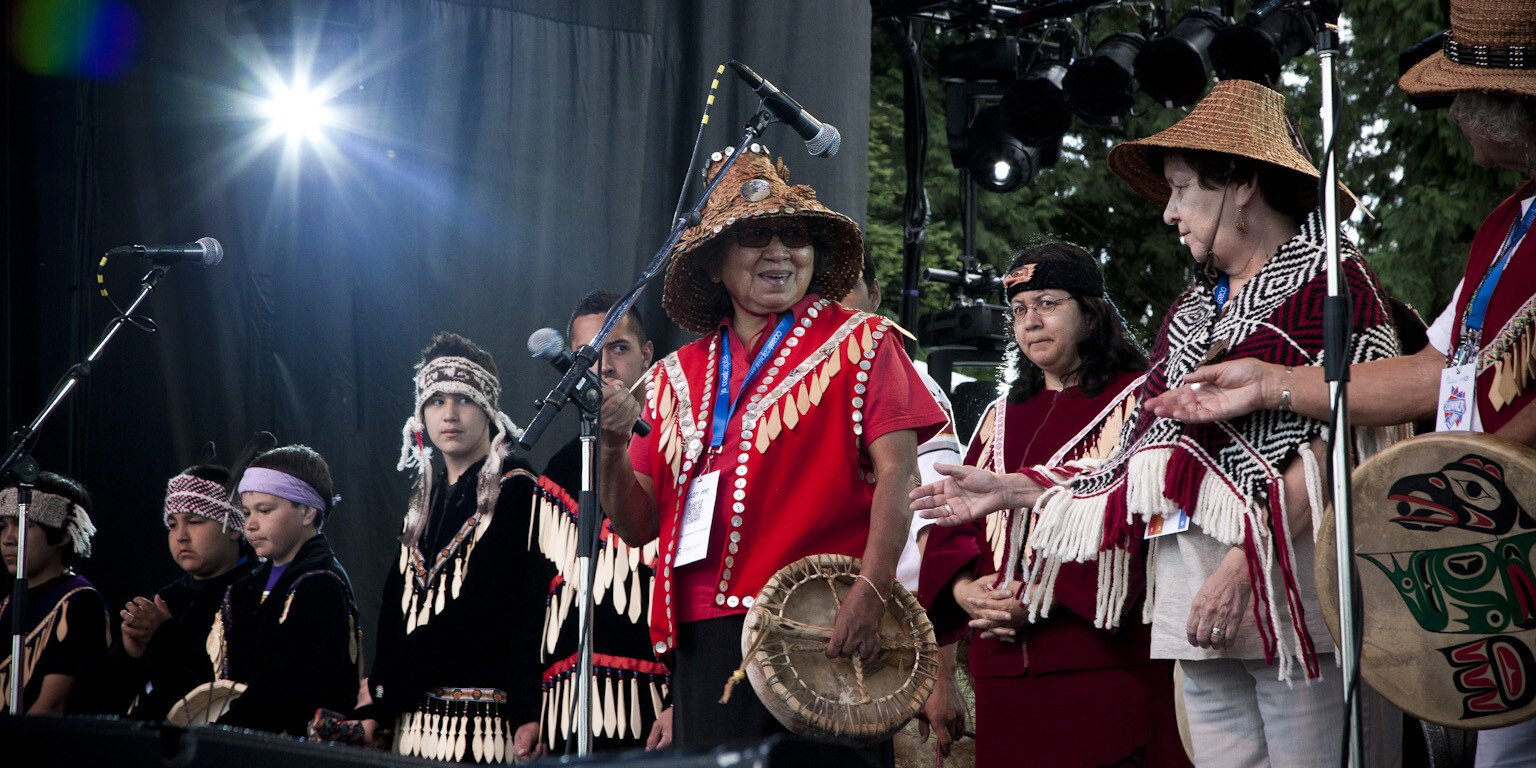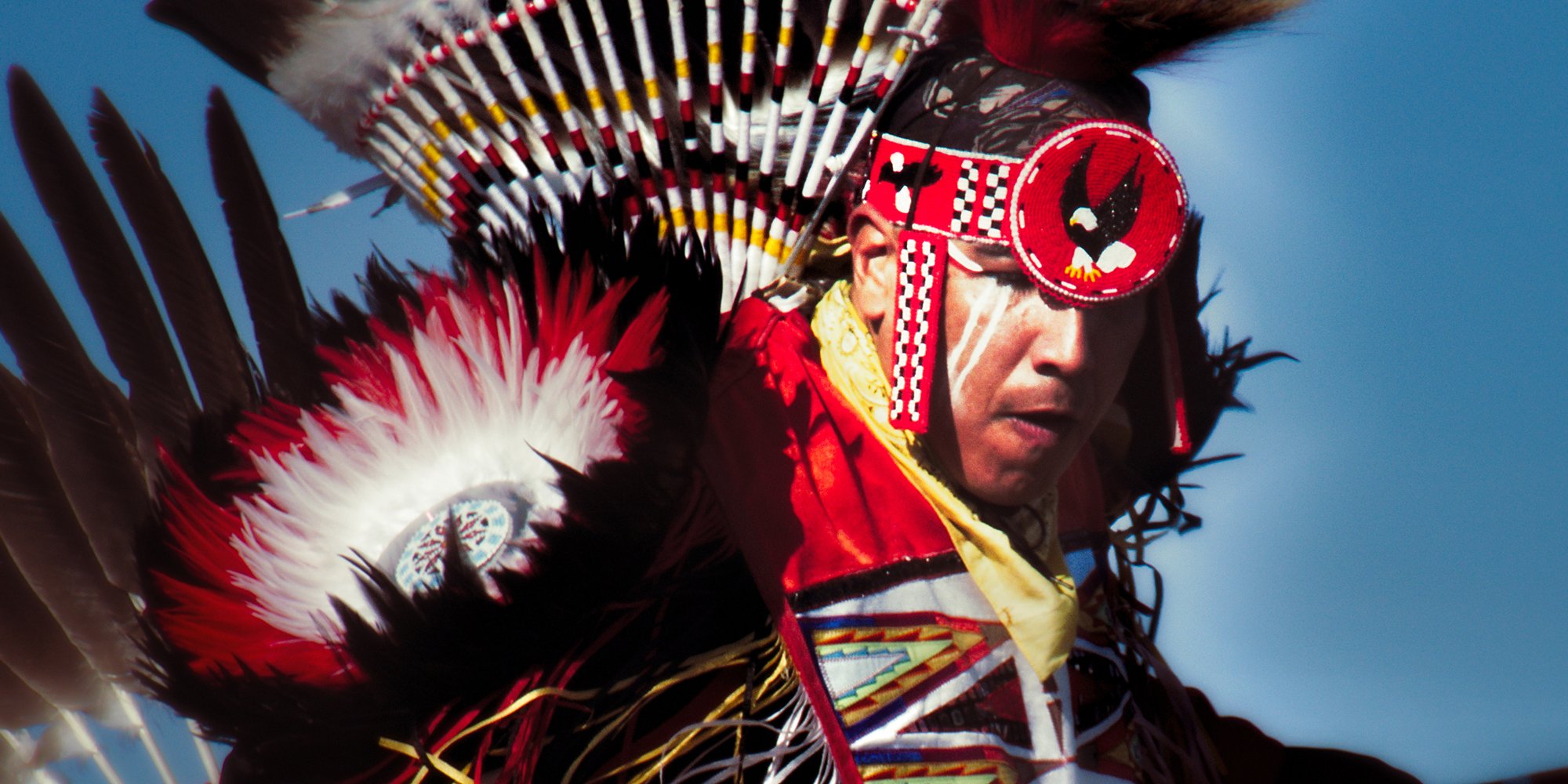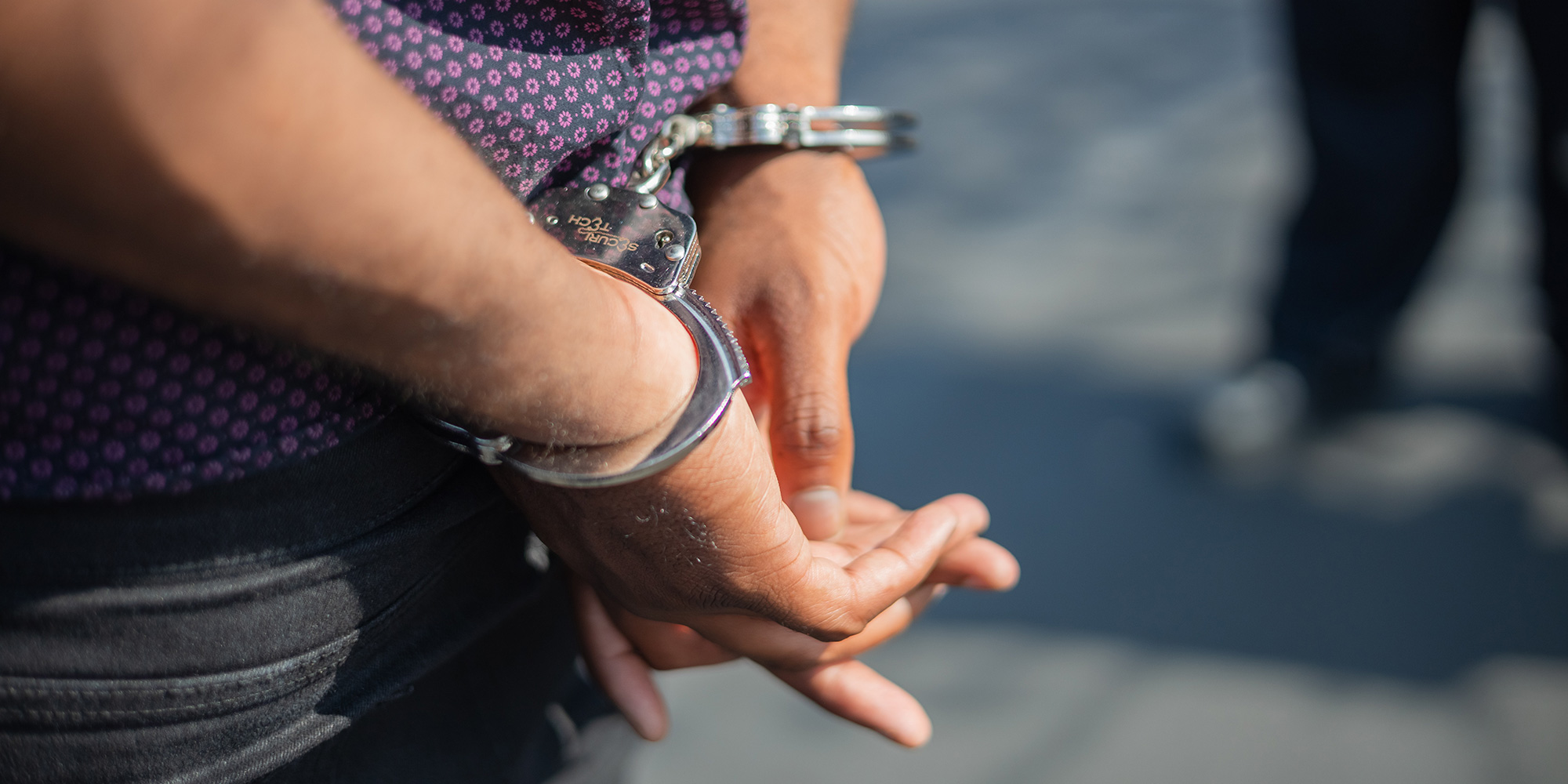Indigenous Peoples Are All the Same, Right?
A frequent misconception is that Indigenous Peoples are all the same in Canada but there is a clear diversity amongst Indigenous Peoples. Linguists...

Uncivil dialogue in Canada is alive and well, if only as indicated by the nature of the statements and conversations that take place in the comments section of online news articles related to Indigenous Peoples. The consistent vitriolic statements on some items on CBC Indigenous online news unit caused the editor to temporarily shut down the comment section.
We've noticed over many months that these stories draw a disproportionate number of comments that cross the line and violate our guidelines. Some of the violations are obvious, some not so obvious; some comments are clearly hateful and vitriolic, some are simply ignorant. And some appear to be hate disguised as ignorance (i.e., racist sentiments expressed in benign language). [1]
Even our blog, which does not receive nearly the same number of visitors as CBC Aboriginal, draws uncivil dialogue. Our goal is to offer factual information that informs readers. However, a few of the articles deal with topics that some non-Indigenous Canadians would rather not read/hear/know about. It brings to mind the Jack Nicholson quote “You can’t handle the truth!” from the movie “A Few Good Men”.
Our article, 21 Things™ You May Not Know About the Indian Act, has drawn the most comments and some quite lengthy discussions between readers. Some are misinformed, some are full of hate, and some are appreciative of the knowledge about the colonial attempts at assimilation. Some are painful memories of being in a residential school.
I like to think one of the reasons companies hire us to deliver Indigenous awareness training, is because it is difficult to have a public conversation about some of the issues, myths and misconceptions (please see below for four of the more common myths). I try to provide a comfortable setting for people to ask questions that they otherwise would be afraid to. People who attend my training sessions have a genuine interest and I appreciate and encourage their interest - it is through informed conversations that we will make Canada a better place for both non-Indigenous and Indigenous Peoples.
When I first launched my business providing Indigenous awareness training to corporations, governments, and individuals I was proud to say what I did for a living. But that all changed after one very long flight when the person sitting next to me asked me what I did for a living. My answer triggered a 90-minute rant. I realized early on in the rant that there was no way I was ever going to change his mind. He knew what he knew, and sadly, what he thought he knew was based on myths and stereotypes. It was a long flight and the last time I ever offered up what I did for a living while on an airplane. Now, if you sit beside me on a plane I’ll happily answer corporate communications and training questions.
So what do you do if you find yourself in a situation where someone is “sharing” their views and you know them to be based on untruths, myths and misconceptions? In the article, Aboriginal Issues and Politeness - What Should We Do? I tell the story of a good friend who encountered this situation at a dinner party and how he responded.
I’m not saying you should always respond the way my friend did because in some situations it just may not be safe.
Here are some suggested responses to a situation in which uncivil dialogue and remarks are being made:
A part of me is relieved that this issue of uncivil dialogue and Indigenous Peoples has come to a head - it’s the right time for this discussion. Canada is ripe for reconciliation - we see the potential politically, environmentally and now socially through the exposure of this issue. The Truth and Reconciliation Commission Report is bringing awareness to the hearts and minds of Canadians.
[1] Uncivil dialogue: Commenting and stories about indigenous people, Brodie Fenlon, Acting director of digital news, CBC News and Centres, November 30, 2015
Featured photo: Unsplash

A frequent misconception is that Indigenous Peoples are all the same in Canada but there is a clear diversity amongst Indigenous Peoples. Linguists...

Indigenous awareness is a broad term – I know because my onsite and public workshops are dedicated to helping people understand the full extent of...

As an Indigenous relations trainer, I strive to maintain a positive attitude that we are making progress on reconciliation. There are setbacks but I...